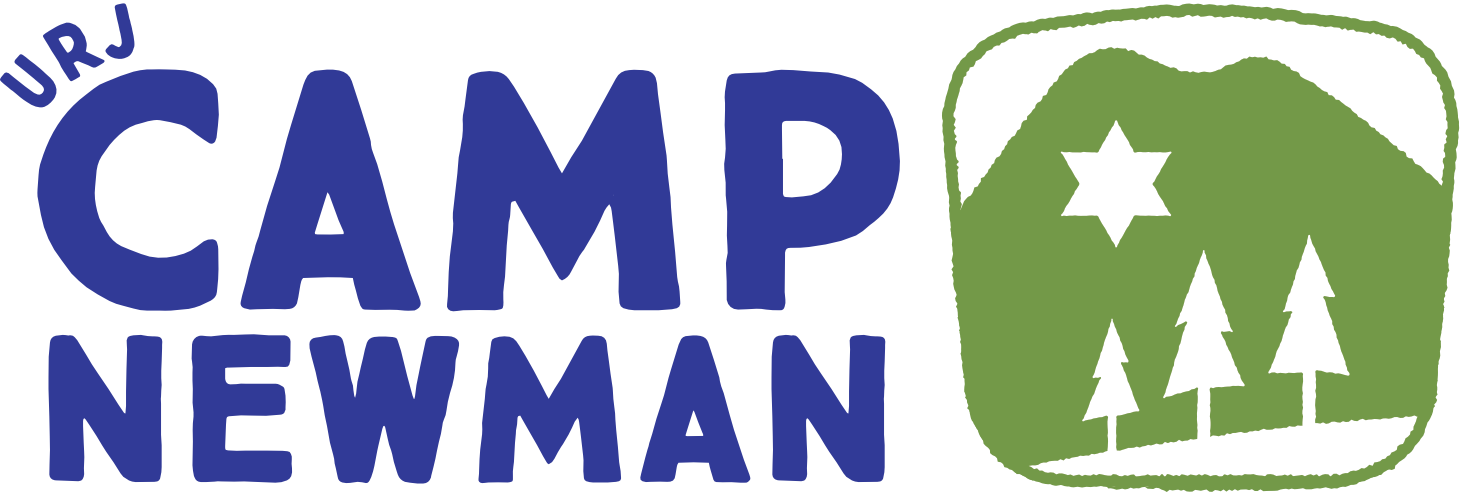A Shabbat Drash – October 7, 2016
By Rabbi Allie Fischman, Associate Camp Director at URJ Camp Newman
There once was a boy who had a terrible temper, often exploding in fits of rage. His father gave him an assignment to help him control his anger: every time he got upset, he was to hammer a nail into the fence in their yard. The boy did as his father asked, hammering nails into the fence. Day after day, the number of nails decreased as the boy began to learn to control his emotions. Finally, one day, he went to his father to report that he had not needed to hammer any nails into the fence. His father was proud and told him that for each day he did not need to hammer nails into the fence, he should pull one of the nails out. Many days later, the boy proudly told his father that the task was complete; there were no more nails. His father took his hand and together, they walked to the yard where the father said to his son, “You did a wonderful thing by learning to control your anger but take a good look at our fence. It’s no longer full of nails but now it is full of holes. When you say things or do things out of anger, you leave holes in others that may be filled but will always leave a lasting mark.”
The days between Rosh Hashanah and Yom Kippur are known as Yamim Noraim, the Days of Awe. During this time, we contemplate the previous year and wrongdoings, and many people apologize to those they may have hurt. We learn that on Rosh Hashanah the Book of Life is opened and inscribed and on Yom Kippur it is sealed, making these ten days between the holidays some of the most important days of reflection during our entire year. Many Jews take time to complete cheshbon hanefesh (personal accounting), thinking about these wrongdoings and asking for forgiveness for mistakes and misdeeds.
We call this Shabbat “Shabbat Shuvah” or “The Shabbat of Return” based on the haftorah portion (Hosea 14:2). We can use this time to return to our most pure selves, asking for forgiveness and speaking with those we have hurt. We can seek forgiveness within ourselves, letting go of mistakes or disappointments from the previous year. Whether we meant to hurt someone or did so accidentally, we ask how we can begin to help fill the holes we created in others.
 Here at Camp Newman on the eve of opening registration and planning for next summer, our team takes time to ask for and grant forgiveness for the mistakes we made in the last year. We think about the ways we may have missed the mark and take a cheshbon hanefesh (a personal accounting) of our work and strive to do even better for the camp community and each other in the year to come. It takes courage and confidence to admit mistakes but only when we recognize the holes we helped create can we begin to find a way to fill the gaps and move forward.
Here at Camp Newman on the eve of opening registration and planning for next summer, our team takes time to ask for and grant forgiveness for the mistakes we made in the last year. We think about the ways we may have missed the mark and take a cheshbon hanefesh (a personal accounting) of our work and strive to do even better for the camp community and each other in the year to come. It takes courage and confidence to admit mistakes but only when we recognize the holes we helped create can we begin to find a way to fill the gaps and move forward.
Gamar chatimah tovah, may you be inscribed in the Book of Life for good, and have a sweet and joyful year of 5777.
